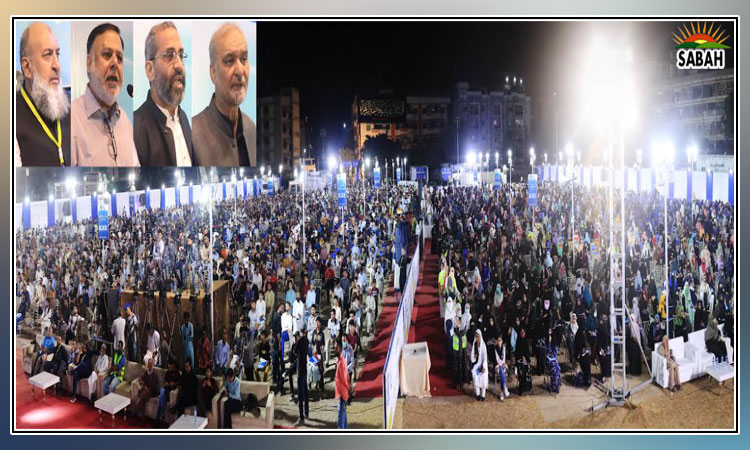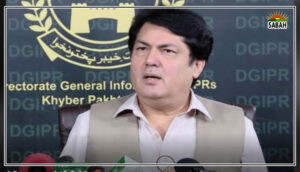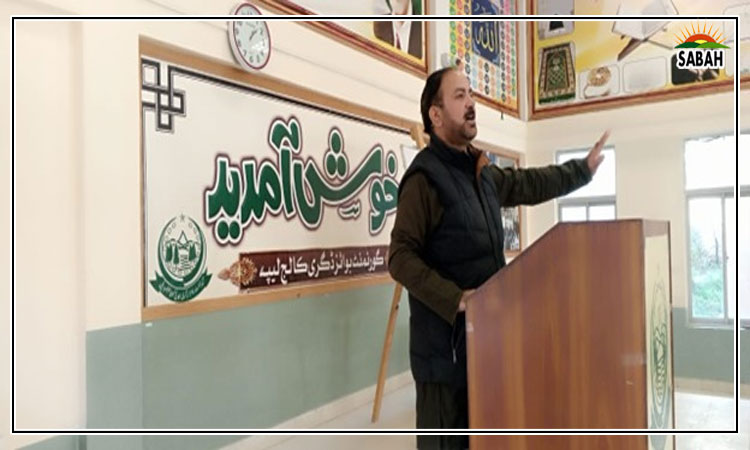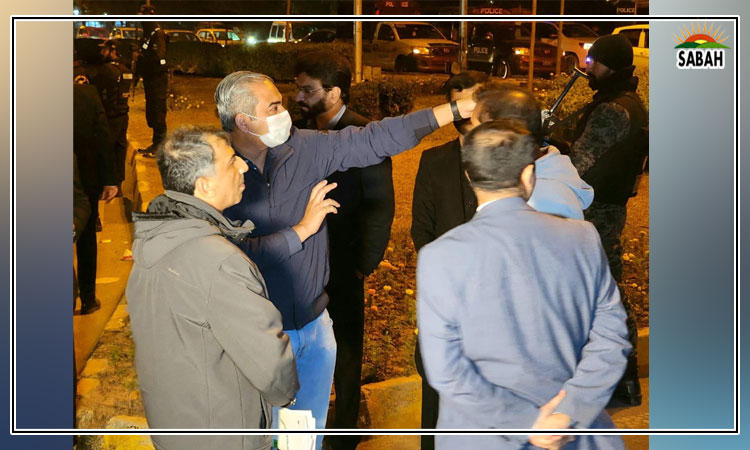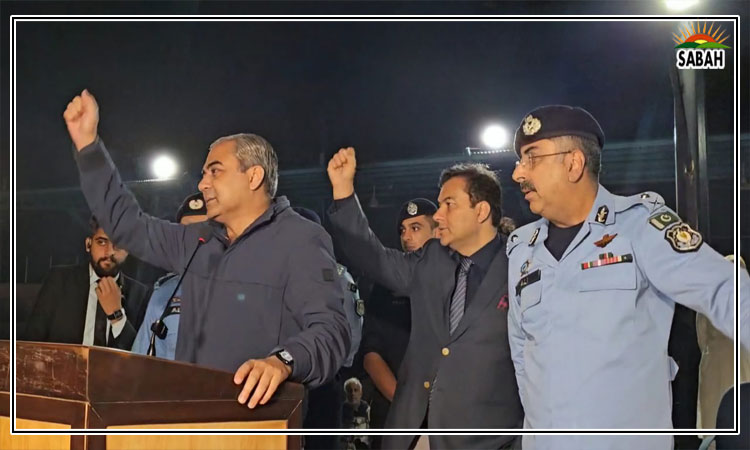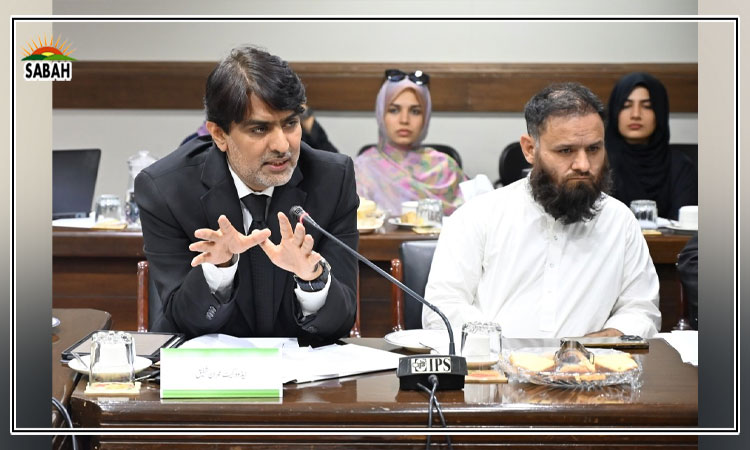Legislative proposals on family laws | Experts urge culturally & religiously aligned legal reforms
ISLAMABAD, Sep 24 (SABAH): Laws must evolve with societal changes, but adopting foreign legal models without adapting them to Pakistan’s unique social context risks creating poorly drafted legislation. This increases ambiguity, unintended consequences, and the potential for more crimes. A societal mindset prone to manipulating these laws further compounds the problem.
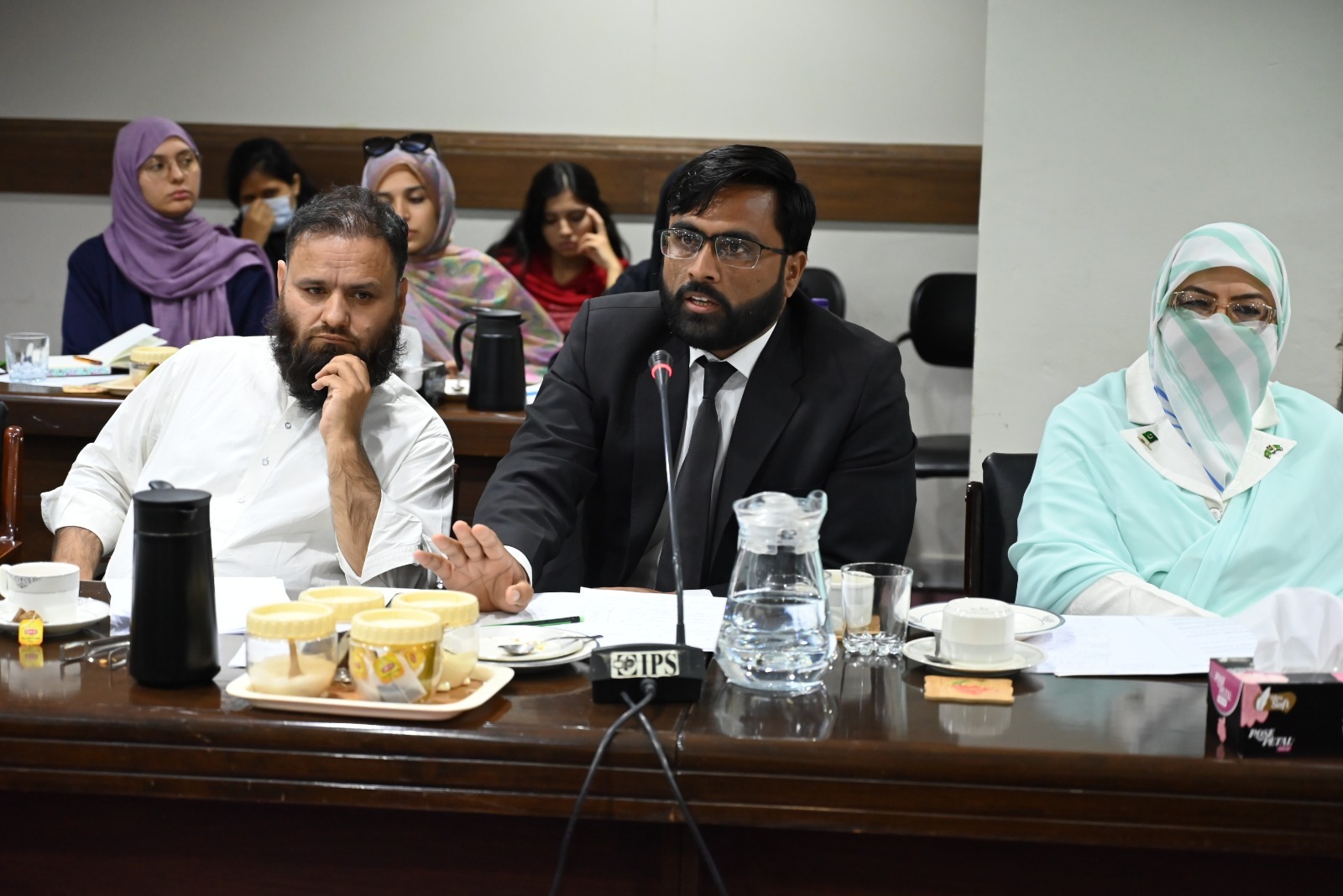
To ensure justice and long-term societal welfare, legal reforms must be thoughtful, reflecting Pakistan’s evolving realities without compromising its core Islamic and cultural values. For that, the law-making process must prioritize clarity, enforceability, and contextual relevance, while citizens must also respect and adhere to the law to create a functional legal system.
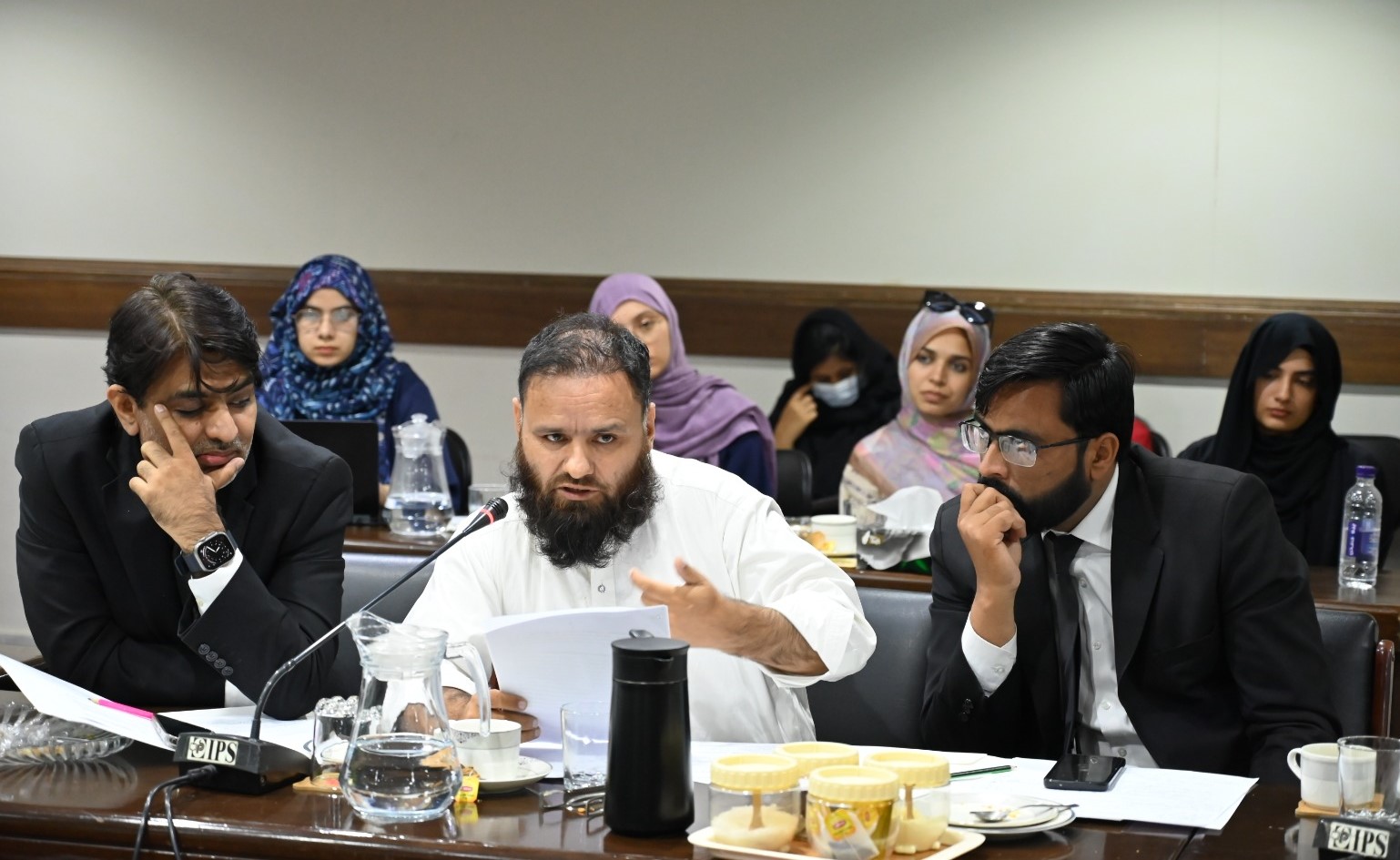
These views were shared by legal and academic experts during a roundtable discussion on “Ensuring Rights in the Family: Review of Legislative Proposals,” held at the Institute of Policy Studies (IPS), Islamabad. The session focused on the recently proposed legislative bills in the Parliament concerning matrimonial assets and maintenance, initiated by Senator Syed Ali Zafar and Senator Samina Mumtaz Zehri, respectively.
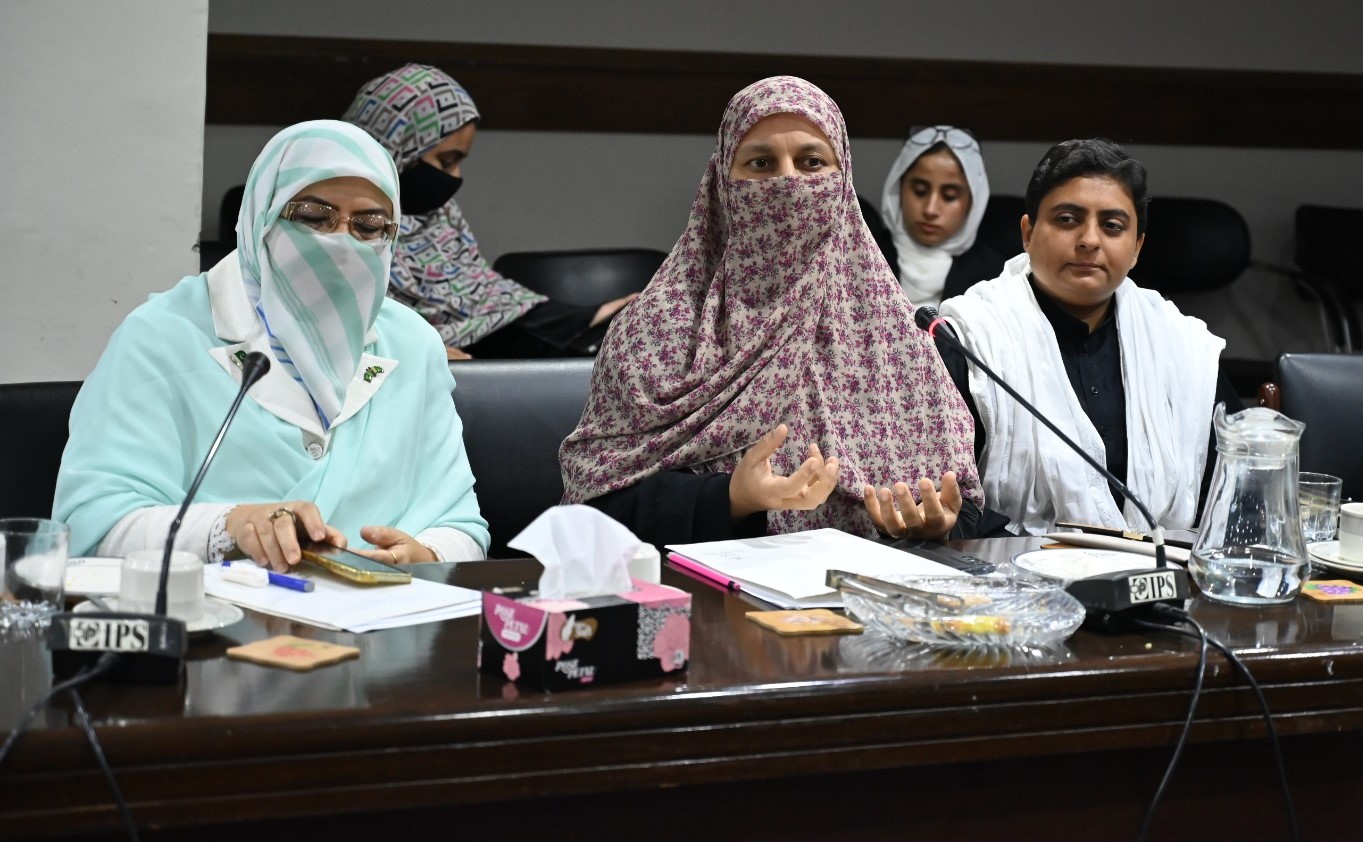
The discussion participants included Khalid Rahman, Chairman IPS, Imran Shafique, Advocate Supreme Court, Syed Muaz Shah, Advocate and Director Center for Islamic Law & Human Rights, Asma Mushtaq, Advocate Supreme Court, Usama bin Salam, Advocate High Court, Dr. Sameeha Raheel Qazi, former member of parliament, and Taj Muhammad, assistant professor, Bahria University, Islamabad.
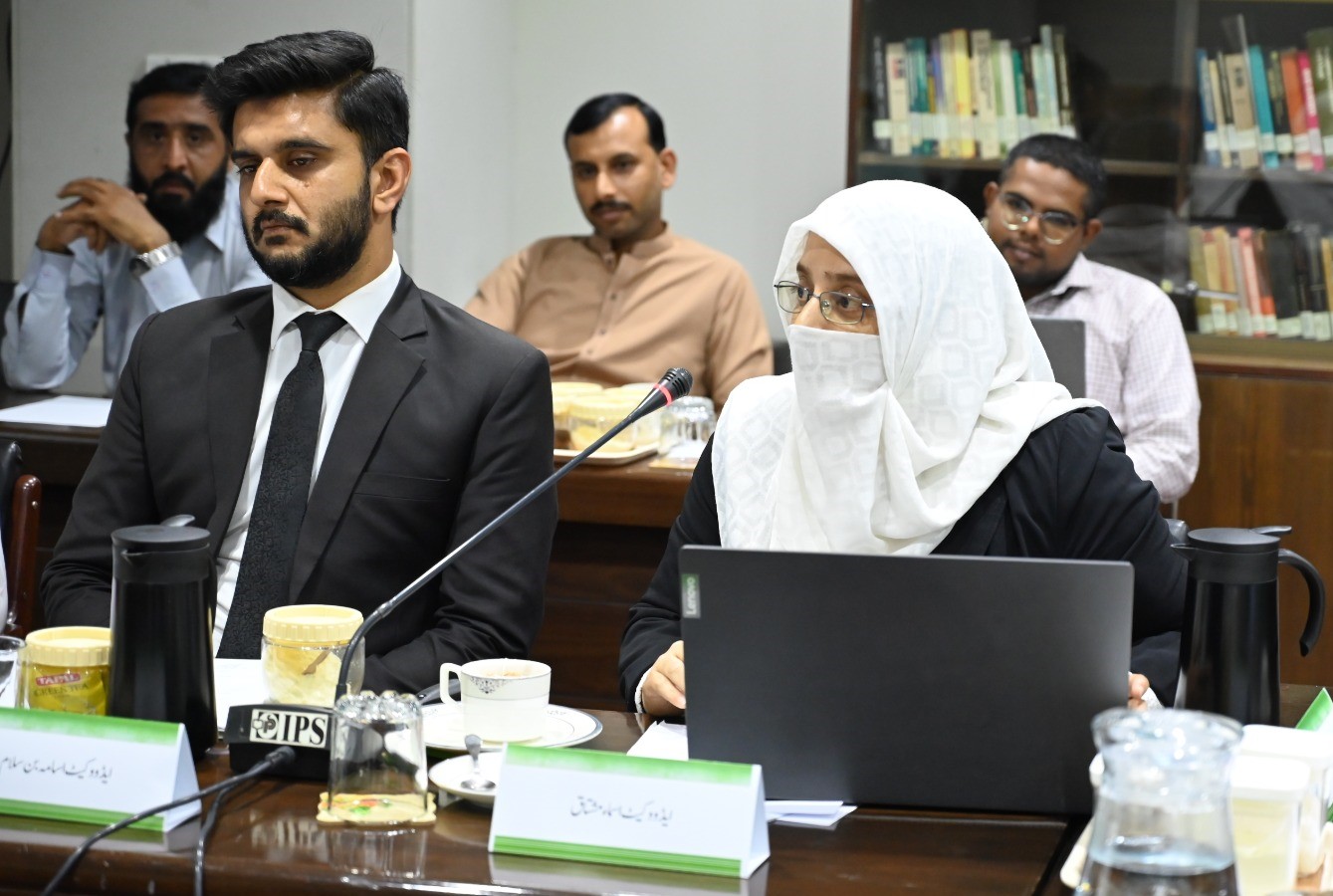
The evolving nature of family structures in Pakistan, driven by the transition from agricultural to industrial economies, has significantly reshaped family responsibilities. This shift necessitates legal frameworks that are adaptive and reflective of contemporary realities while remaining sensitive to cultural and religious values.
The experts raised concerns about the legal definition issues within the proposed matrimonial asset bills. The panel highlighted that the proposed bills seem to place undue financial burdens on men. Furthermore, poorly drafted legal proposals could destabilize the family system, potentially causing men to hesitate before marrying or refuse to grant divorce out of fear of losing property. Such unintended consequences could lead to even more complex social issues.
Highlighting multiple ambiguities in the language of the proposed bills, the speakers warned that vague terms could lead to future legal disputes. They stressed the importance of clarity and precise legal definitions to prevent confusion and exploitation, along with advocating for a legislative approach that is not influenced by the Western models of matrimonial law without adaptation to Pakistan’s social context.
They urged lawmakers to consider the broader societal implications, highlighting that poorly designed laws could increase the risk of exploitation and crimes against the weaker party, particularly women. While legal reforms are necessary to address hardships faced by weaker parties in divorce cases, reactive legislation could exacerbate social issues if not carefully constructed.
The discussion also stressed the importance of identifying the reasons behind these legislative changes and examining the flaws in current family laws that have prompted the need for reform. The speakers encouraged lawmakers to address these systemic flaws thoughtfully, without rushing into new laws that fail to consider the broader context.
A critical point raised was the deviation from Islamic jurisprudence principles in the proposed reforms. The panelists explored how examples from the Sunnah could inform contemporary legal frameworks, as Islamic teachings emphasize justice, equity, and the fulfillment of familial responsibilities. By grounding proposed laws in Islamic principles while acknowledging modern societal realities, a more balanced and just legal system could be achieved.
In his concluding remarks, Khalid Rahman noted that family and women’s rights are multidimensional issues, deeply rooted in cultural, social, and economic factors. He cautioned against adopting foreign models without considering their specific impact on Pakistan’s society.
Khalid Rahman emphasized that marriage is not merely a legal construct but a paradigm of life, where the real challenge lies not in drafting new laws but in properly implementing them. He called for reconciliation efforts within families and advocated for a balanced, equity-driven approach to relations between men and women, emphasizing their complementary roles rather than treating them as competitors


